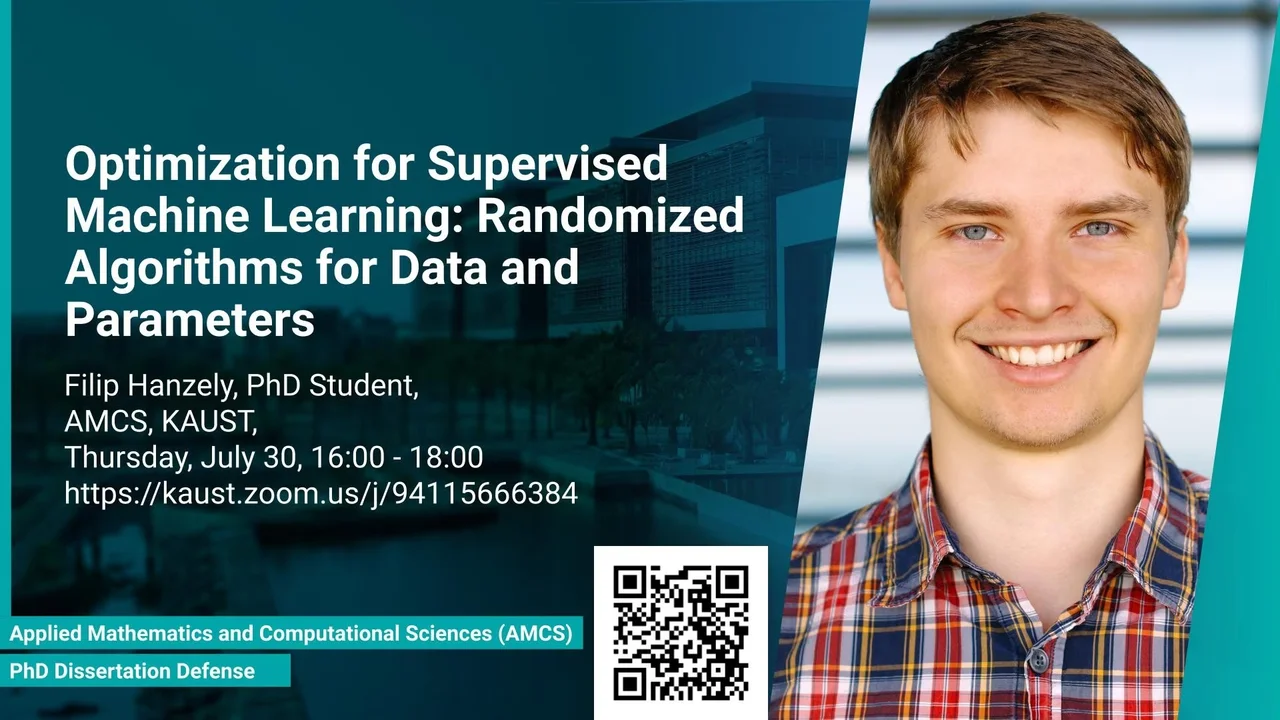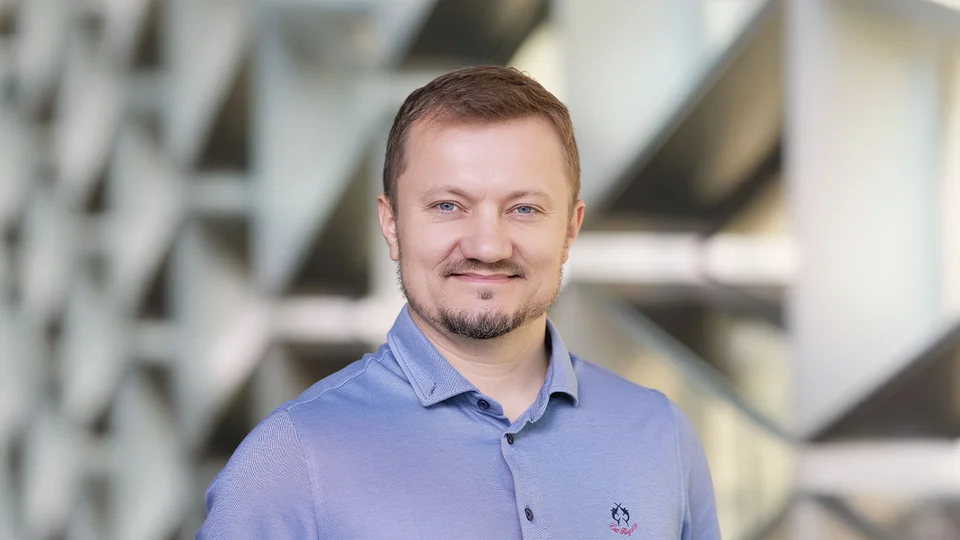
Optimization for Supervised Machine Learning: Randomized Algorithms for Data and Parameters
Many key problems in machine learning and data science are routinely modeled as optimization problems and solved via optimization algorithms. With the increase of the volume of data and the size and complexity of the statistical models used to formulate these often ill-conditioned optimization tasks, there is a need for new efficient algorithms able to cope with these challenges. In this thesis, we deal with each of these sources of difficulty in a different way. To efficiently address the big data issue, we develop new methods which in each iteration examine a small random subset of the training data only. To handle the big model issue, we develop methods which in each iteration update a random subset of the model parameters only. Finally, to deal with ill-conditioned problems, we devise methods that incorporate either higher-order information or Nesterov's acceleration/momentum. In all cases, randomness is viewed as a powerful algorithmic tool that we tune, both in theory and in experiments, to achieve the best results.
Overview
Abstract
Many key problems in machine learning and data science are routinely modeled as optimization problems and solved via optimization algorithms. With the increase of the volume of data and the size and complexity of the statistical models used to formulate these often ill-conditioned optimization tasks, there is a need for new efficient algorithms able to cope with these challenges.
In this thesis, we deal with each of these sources of difficulty in a different way. To efficiently address the big data issue, we develop new methods which in each iteration examine a small random subset of the training data only. To handle the big model issue, we develop methods which in each iteration update a random subset of the model parameters only. Finally, to deal with ill-conditioned problems, we devise methods that incorporate either higher-order information or Nesterov's acceleration/momentum. In all cases, randomness is viewed as a powerful algorithmic tool that we tune, both in theory and in experiments, to achieve the best results.
Our algorithms have their primary application in training supervised machine learning models via regularized empirical risk minimization, which is the dominant paradigm for training such models. However, due to their generality, our methods can be applied in many other fields, including but not limited to data science, engineering, scientific computing, and statistics.
Brief Biography
Filip Hanzely is a Ph.D. student at KAUST, Saudi Arabia, advised by Peter Richtárik. His research focuses on various aspects of optimization for machine learning. Filip is graduating soon and will be joining Toyota Technological Institute in Chicago as a Research Assistant professor in Fall. Before coming to KAUST, Filip received an MSc degree from the University of Edinburgh in 2017 and BSc degree from Comenius University (Bratislava) in 2016.
